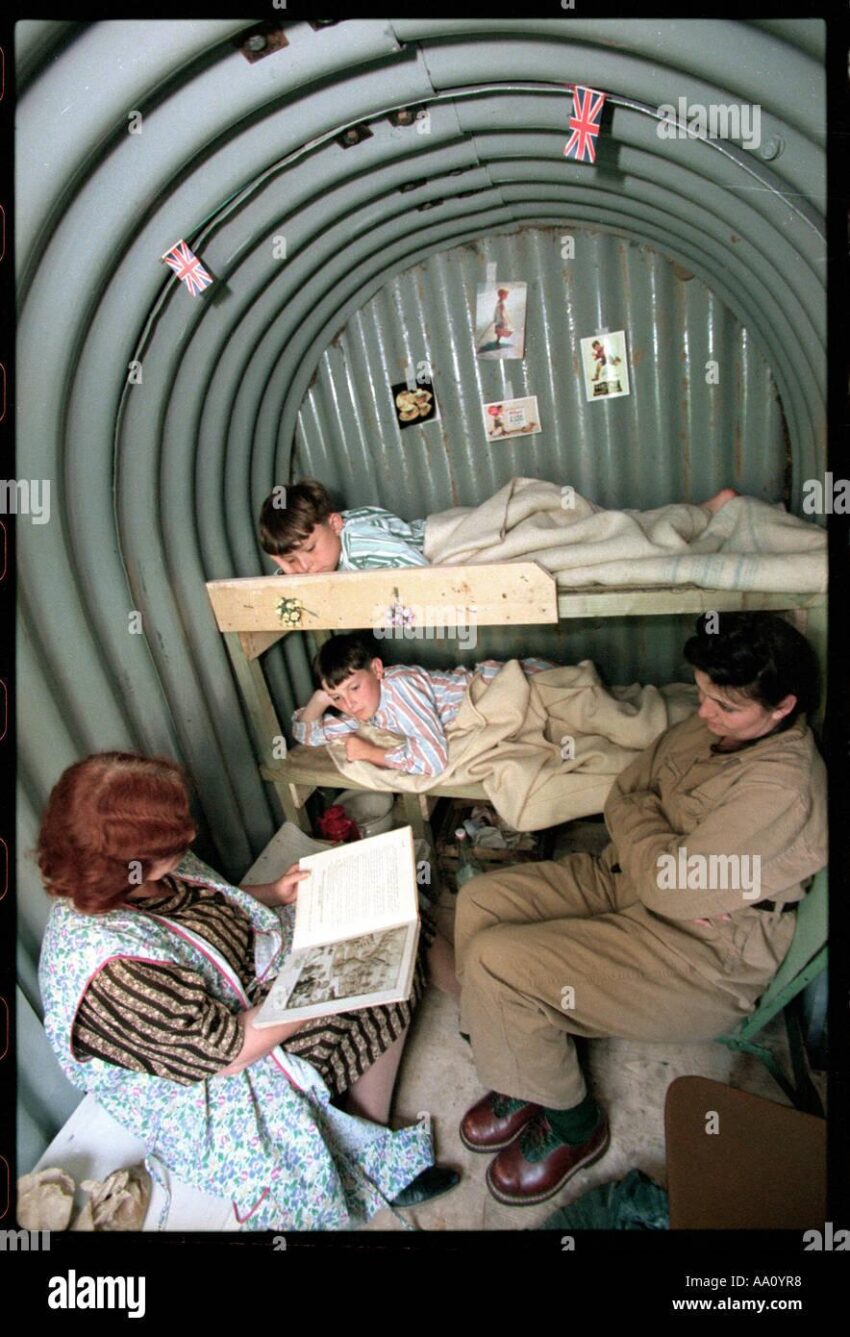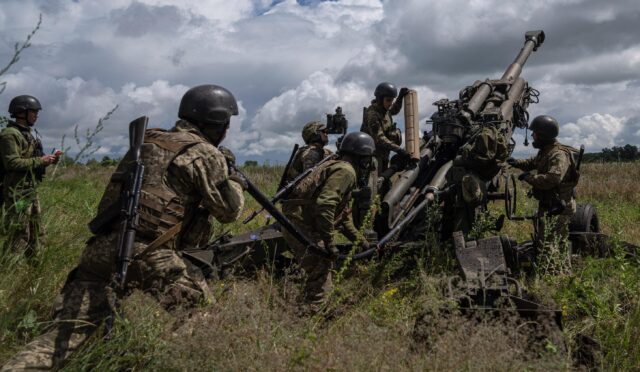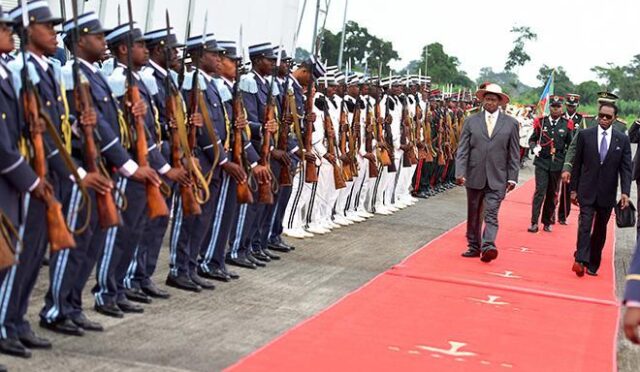Norway Proposes Reintroduction of Air Raid Shelters
Norway announced on Friday its intention to reintroduce the mandatory construction of air raid shelters in new buildings, as part of a broader initiative consisting of around 100 proposals designed to enhance the nation’s preparedness for potential warfare. This significant move marks a shift in policy for Norway, a NATO member that shares a border with Russia, which had previously eliminated the requirement for such shelters in 1998 following the end of the Cold War and the collapse of the Soviet Union.
Justice Minister Emilie Enger Mehl, who is also responsible for overseeing emergency preparedness, emphasized the need for the country to be ready to manage crises and wars in the future. Her remarks came during the presentation of a white paper outlining Norway’s readiness strategies, alongside Prime Minister Jonas Gahr Støre.
Reasoning Behind the Proposal
The center-left government highlighted the ongoing war in Ukraine as a pivotal reason for the reintroduction of the air raid shelter mandate, suggesting that recent global conflicts underscore their necessity. Currently, Norway is reported to have enough air raid shelters to accommodate approximately 45 percent of its population, significantly lower than neighboring countries: Finland at 90 percent, Denmark at 80 percent, and Sweden at 70 percent.
In addition to the shelter proposal, the government aims to bolster the civilian defense force by increasing its numbers from 8,000 to 12,000. Furthermore, it seeks to enhance the nation’s food self-reliance to 50 percent by 2030, reflecting a proactive approach to national security.
Broader Security Measures
The white paper also addresses the necessity for improved coordination between public and private sectors in cybersecurity, the development of a new strategy to combat disinformation, and tighter regulations on land ownership. Recent reports in the Norwegian media have raised concerns about foreign acquisitions of land near sensitive sites, particularly by Russian entities, including military installations.
Beyond the immediate threats of warfare, the proposal outlines risks associated with sabotage, hybrid warfare, cyber attacks, pandemics, and extreme weather events. Prime Minister Støre acknowledged the current geopolitical tension but reassured that there is no imminent military threat to Norwegian territory.
Challenges Ahead for the Proposal
Despite the ambitious nature of this proposal, it faces challenges in gaining approval from the Norwegian parliament. As the current government holds a minority position, the success of the air raid shelter mandate will rely on support from opposition parties, which may necessitate modifications to the initial plan.
This move represents a significant shift in Norway’s defense strategy, reflecting a growing recognition of the importance of preparedness in an increasingly unpredictable global landscape.







